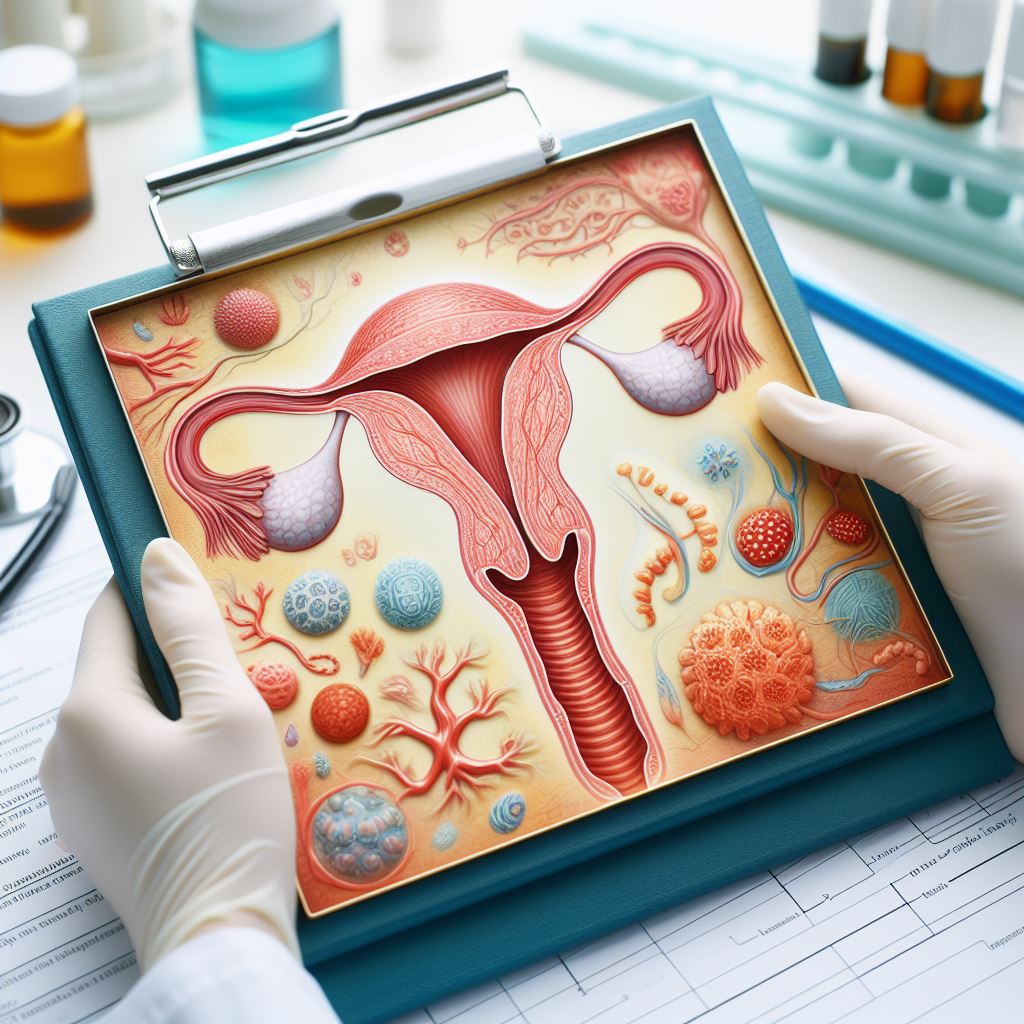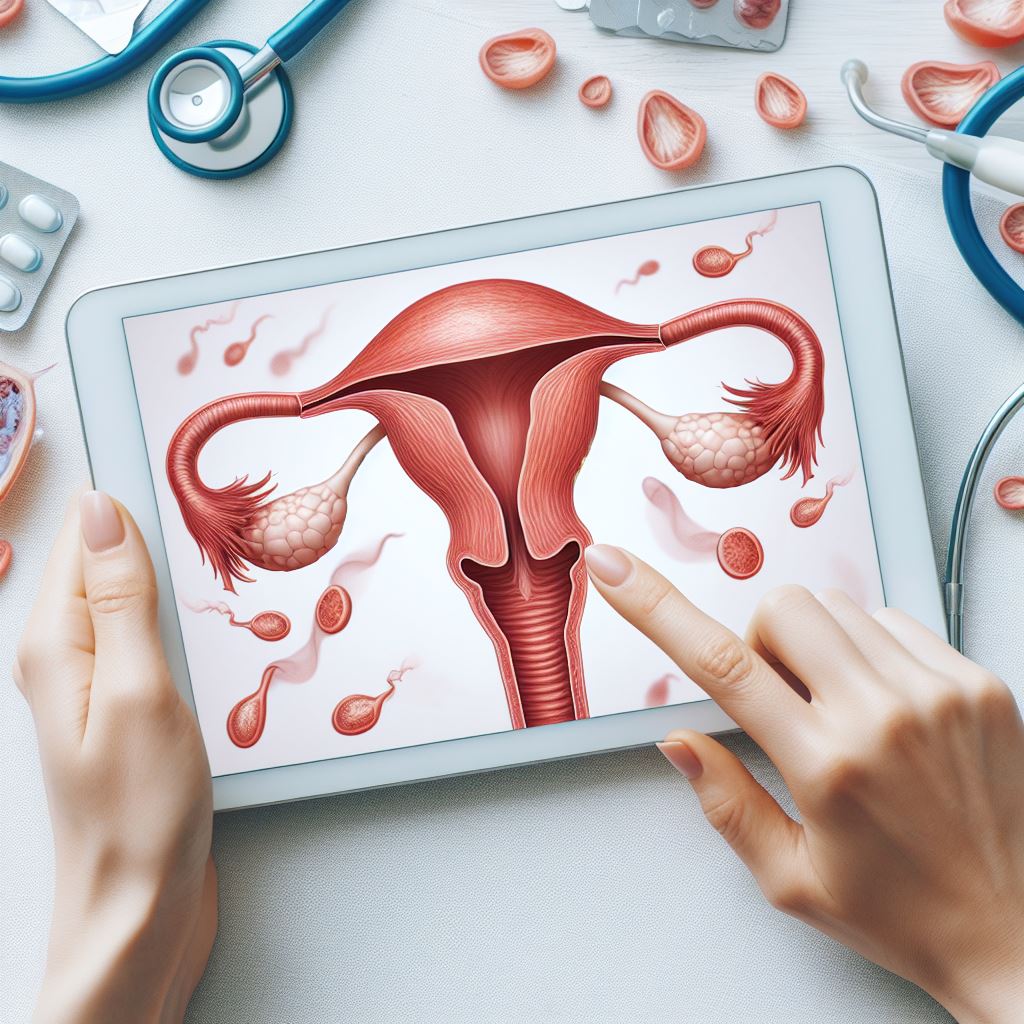Introduction
In the complex journey of fertility, many women seek holistic approaches to enhance their reproductive health. Acupuncture, a key component of traditional Chinese medicine, has emerged as a popular and intriguing method for improving fertility. This ancient practice, involving the insertion of thin needles into specific body points, is believed to balance the body’s energy flow, or Qi, and has been used for centuries to treat various health issues, including fertility problems.
In this comprehensive guide, we delve into the role of acupuncture in fertility enhancement. From understanding its historical roots to exploring modern scientific research, this blog aims to provide a detailed overview of how acupuncture can be integrated into fertility treatments. Whether you are just starting your fertility journey or have been navigating it for a while, this blog seeks to offer valuable insights and supportive information.
Understanding Acupuncture and Its Origins
Acupuncture is a cornerstone of traditional Chinese medicine, dating back thousands of years. Its philosophy revolves around the concept of Qi, the vital life force that flows through the body along pathways known as meridians. Acupuncture aims to balance this energy flow, which, when disrupted, is believed to cause health issues. The practice involves inserting fine needles at specific acupuncture points, stimulating the body’s own healing response and rebalancing Qi.
Acupuncture and Fertility: How Does It Work?
The Holistic Approach
Acupuncture’s holistic approach to health is particularly appealing in fertility treatments. It’s not just about targeting reproductive organs; it’s about restoring overall balance and well-being, which is crucial for optimal fertility.
Mechanisms in Improving Fertility
1. Regulating Hormones: Acupuncture can influence the endocrine system, helping regulate hormones that are vital for ovulation and fertility.
2. Increasing Blood Flow to Reproductive Organs: Improved blood flow to the ovaries and uterus can enhance ovarian function and uterine lining, increasing the chances of a successful pregnancy.
3. Stress Reduction: Stress is a known factor that can negatively impact fertility. Acupuncture is shown to reduce stress levels, thereby potentially improving fertility.
4. Inflammation Reduction: Chronic inflammation can impair fertility. Acupuncture’s potential anti-inflammatory effects can be beneficial for women with conditions like endometriosis.
Scientific Research on Acupuncture and Fertility
Over the years, numerous studies have investigated acupuncture’s role in fertility. While research is ongoing, some studies suggest that acupuncture, especially when combined with other fertility treatments like IVF, can increase pregnancy rates. It’s important to review the latest scientific literature to understand the scope and limitations of these findings.
Acupuncture as a Complement to Conventional Fertility Treatments
Many women turn to acupuncture as a complementary treatment alongside conventional fertility therapies. When used in conjunction with treatments like IVF, acupuncture may enhance efficacy and alleviate some of the side effects associated with these medical procedures.
Finding a Qualified Acupuncturist
Choosing the right acupuncturist is crucial. This section will guide readers on what to look for in a practitioner, including credentials, experience in fertility acupuncture, and a holistic understanding of reproductive health.
Frequently Asked Questions
Addressing common queries about acupuncture and fertility, this section aims to clarify misconceptions and provide practical advice for those considering acupuncture.
Conclusion
Acupuncture offers a unique, holistic approach to enhancing fertility, grounded in ancient practices and increasingly supported by modern research. While it may not be a standalone solution for fertility issues, its potential benefits in conjunction with other treatments make it a compelling option for many women on their fertility journey.
Remember, every individual’s journey is unique, and acupuncture may or may not be the right choice for everyone. Consulting with healthcare providers and considering personal health circumstances are essential steps before embarking on any new treatment.






